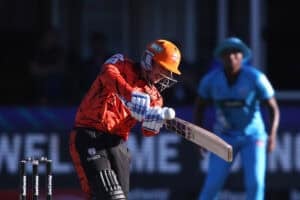A prominent Sudanese rebel chief from war-torn Darfur on Saturday rejected a government charge that his fighters were behind violence during demonstrations and had plans to kill protesters.

Deadly protests have rocked Sudan since December 19 after a government decision to raise the price of bread.
Angry crowds have taken to the streets and in ensuing clashes with anti-riot police, 19 people have been killed so far, according to government figures.
Rights group Amnesty International says 37 have been killed.
On Friday, a government official said that police had captured a group of Darfur rebels belonging to Sudan Liberation Army-Abdel Wahid group that had plans to unleash violence during demonstrations.
Minister of State for Information Mamoun Hassan said that computers confiscated from the group had documents that revealed the group planned “to kill demonstrators”.
Rebel leader Abdel Wahid Al-Nur, who is in exile in Paris, rejected the charge and insisted that his men were not involved in any violence during the demonstrations.
“These demonstrations are of Sudanese people and we are part of them. How can we use violence against our own people?” Nur told AFP by telephone from Paris.
Wahid and other rebel groups from black African tribes have been fighting Sudanese forces in the western region of Darfur since 2003.
The region erupted into conflict when ethnic minority insurgents rebelled, complaining the region was being economically and politically marginalised by the Arab-dominated government in Khartoum.
“We are facing this regime in military areas but we have never, never used weapons in civilian areas,” Nur said.
He insisted that it was not his men who burnt government buildings in some villages and towns in the initial days of demonstrations as claimed by authorities.
“These buildings and these properties belong to our people. How can we destroy them?” he said.
“This movement is led by the Sudanese people. We are not leading it.”






